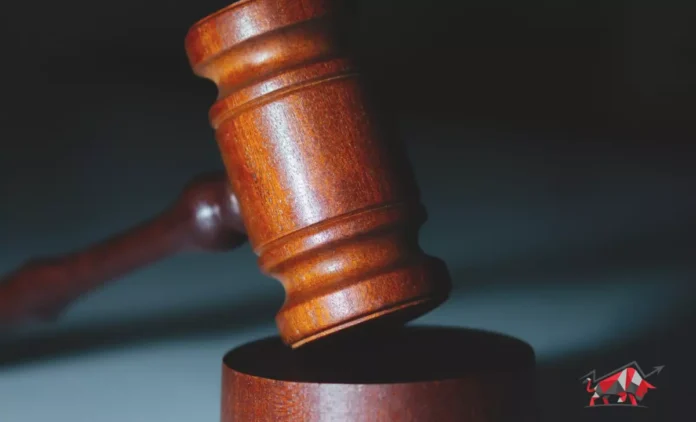On September 4, the United States Commodity Futures Trading Commission (CFTC) announced it had charged Uniswap Labs, the developer behind the decentralized exchange (DEX) Uniswap, for illegally offering leveraged cryptocurrency trading to US retail investors. Uniswap Labs agreed to settle the charges by paying a $175,000 civil penalty. The company also agreed to stop violating the Commodity Exchange Act (CEA).
CFTC’s Stance on DeFi Compliance
The CFTC’s Director of Enforcement, Ian McGinley, emphasized that the commission will strictly enforce the CEA as digital assets and decentralized finance (DeFi) platforms evolve. “DeFi operators must ensure their transactions follow the law,” McGinley said.
However, not everyone at the CFTC agreed with how the situation was handled. Commissioner Summer Mersinger criticized the agency for using “regulation through enforcement” instead of providing clear guidance. Mersinger expressed disappointment that the CFTC had not yet issued rules or guidance on how DeFi platforms could comply with regulations.
Mersinger also noted that Uniswap had already stopped trading the leveraged tokens that led to the charges. These tokens included BTC 2x Flexible Leverage Index (BTC2XFLI) and ETH 2x Flexible Leverage Index (ETH2XFLI), which the CFTC claimed were being offered illegally.
Disagreement on Token Classification
Another CFTC Commissioner, Caroline Pham, also dissented. Pham argued that the CFTC’s decision violated the Administrative Procedure Act (APA). She criticized the CFTC for making broad interpretations in a settlement order without going through proper rulemaking procedures. Pham also questioned the basis of the charges, saying there was no clear evidence beyond the use of the word “leveraged” in the token names.
CFTC’s Regulatory Reach
While the CFTC primarily regulates commodity derivatives, it doesn’t generally oversee spot commodity markets or securities. However, the agency claimed that some of the leveraged tokens offered on Uniswap’s platform qualified as “leveraged or margined commodity transactions” under its jurisdiction.
SEC’s Separate Actions Against Uniswap
The CFTC isn’t the only regulator scrutinizing Uniswap. In April, the US Securities and Exchange Commission (SEC) accused Uniswap of operating an unregistered securities exchange. Uniswap responded in May, stating that it is a software company, not a securities exchange, and aims to “reimagine market structures.”
Uniswap remains one of the largest DeFi platforms, allowing users to swap tokens across multiple blockchain networks. As of September 4, it had over $4.3 billion in total value locked (TVL), according to data from DefiLlama.


